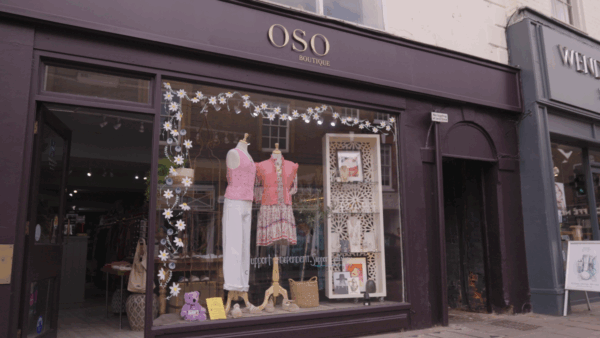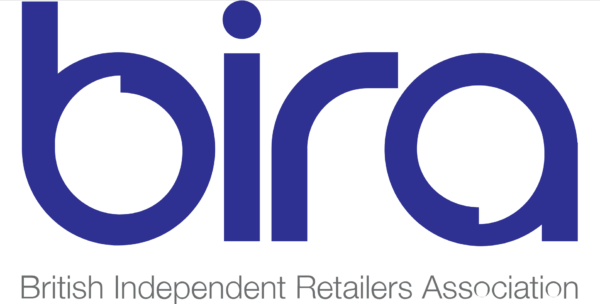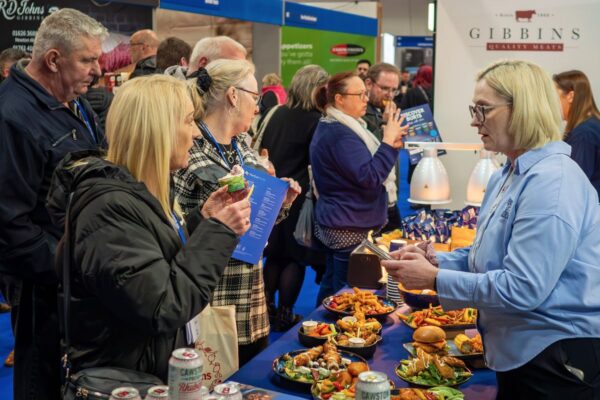The housing, communities and local government select committee of MPs has warned that business rates are ‘stacking the odds’ against high street shops and called for the government to provide ‘meaningful’ relief from the tax to retailers and consider an online sales tax to ‘level the playing field’.
Responding, Helen Dickinson, chief executive of the BRC, said that retail accounts for 5% of the economy, pays 10% of all business tax and shoulders 25% of the UK’s business rates bill. She added: ‘This damaging and outdated business rates system, which drives up the cost of doing business, is a major factor in store closures as well as hindering the successful transformation of our high streets.’
However, the BRC doesn’t agree that online taxes or taxes on deliveries and packaging of those goods is the right way to go. Dickinson said: ‘Retailers are blurring the lines between the digital and physical experience. With eight of the top ten internet retailers also having physical shops, it is clear that an online tax would further damage the high street.’
The government’s Valuation Office Agency reports that retail properties were among the 52,550 business premises in England which were the subject of formal challenges during 2018 following the overhaul of the rates system the previous year.
For the first time in almost six years the price of non-food goods rose year on year in February (up 0.2%) as cost pressures which had been building in the supply chain over the past few years fed through into prices. Added to gradual ongoing rises in food prices, this resulted in the highest overall shop price inflation since March 2013, according to BRC-Nielsen.
The employees of seven retailers voted them into The Sunday Times list of the 25 best big companies to work for in 2019. Halfords came in at number 15, followed by M&Co (17), TheWorks,co,uk (18), Lookers (20), River Island (21), DFS (22) and TrustFord (23). The Admiral Group was ranked first.

Retail sales volumes were once again flat in the year to February, confirming a subdued start to 2019, according to the latest quarterly CBI Distributive Trades Survey. It also revealed that UK retailers are planning the least investment in seven years.
Under a new pilot scheme from Lloyds Banking Group in partnership with Visa, shopkeepers will be paid to give customers cashback in areas where the public has little access to ATMs.
Royal Mail has said that £60,000 in revenue it expects to collect after mistakenly announcing a price rise on stamps – seven days ahead of an Ofcom cap – will be donated to Action for Children, which helps disadvantaged children across the UK.
Despite a slowdown in overall growth and concerns about impact of Brexit uncertainty on the UK economy, topline consumer confidence was stable again in February, according to GfK client strategy director Joe Station. He said that the firm’s overall confidence index score was not showing any sign of making the dramatic drop seen after the June 2016 Brexit referendum or in the early days of the last financial downturn. ‘It is frankly amazing that confidence is so stoic and stable in a world of sharp political instability and fear of the unknown,’ he said.
Alan Monahan

















